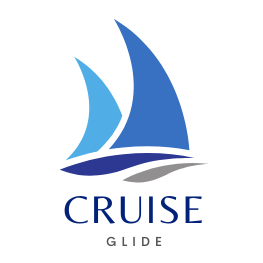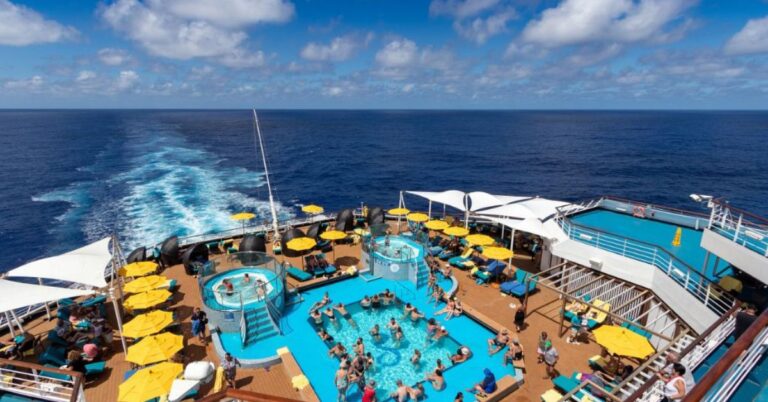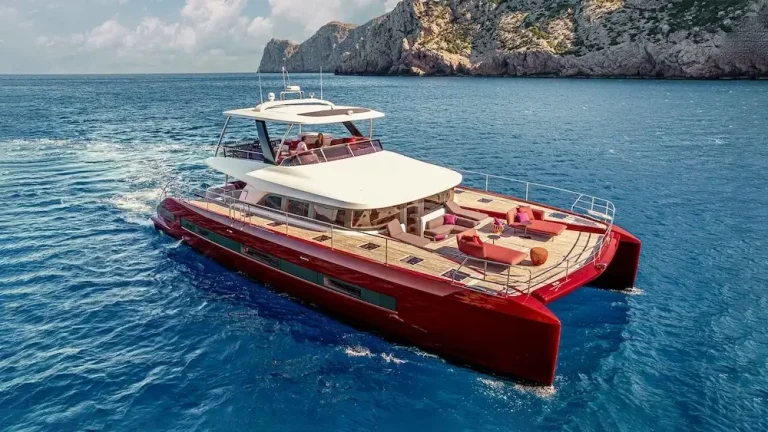8 Essentials to Pack for Your Australian Camping Trip With a Hired 4WD
Planning an Australian camping trip can be an exhilarating adventure, especially when you opt for a hired 4WD. The vast landscapes, stunning national parks, and diverse wildlife offer a unique experience. However, it’s crucial to pack wisely to ensure your journey is both enjoyable and safe. From cooking gear to safety equipment, knowing what to bring can make or break your trip.
In this blog post, we’ll cover eight essential items you should pack for your Australian camping trip with a hired 4WD. So, buckle up and let’s get started on planning your unforgettable adventure down under!
1. Quality Tent
A reliable tent is the cornerstone of any camping trip. When selecting a tent, consider the size, weight, and weather resistance. Look for a model that can withstand the elements, especially if you plan to camp in remote areas. Opt for a tent that is easy to set up and pack down, as this will save you time and frustration during your trip.
2. Sleeping Gear
Comfortable sleeping gear is essential for a good night’s sleep. Invest in quality sleeping bags and sleeping pads that offer insulation and cushioning. If you’re camping in colder areas, choose sleeping bags rated for lower temperatures. Don’t forget to bring pillows for added comfort; inflatable or compressible pillows work well for camping.
3. Cooking Equipment
Cooking gear is vital for preparing meals in the wild. A portable camping stove, cooking pots, and utensils should be at the top of your list. Consider packing a cooler to keep perishables fresh. Additionally, bring along biodegradable dish soap and a sponge for easy cleaning. For more information on how to find an affordable 4WD hire in Darwin, check out local rental services that provide essential camping gear as well.
4. Food and Water Supplies
Plan your meals ahead of time and pack non-perishable food items like pasta, canned goods, and rice. Don’t forget snacks for energy during hikes! Water is crucial, so bring refillable water bottles and a purification system if you plan to collect water from natural sources. Aim for at least two liters of water per person per day.
5. First-Aid Kit
Safety should always be a priority while camping. A well-stocked first-aid kit can handle minor injuries and emergencies. Make sure your kit includes band-aids, antiseptic wipes, pain relievers, and any personal medications. Familiarize yourself with basic first-aid techniques before heading out.
6. Navigation Tools
Even with a 4WD, navigation tools are essential. Bring along a reliable GPS device or a smartphone with offline maps. Traditional maps are also handy as a backup. Familiarize yourself with the route before you leave, and ensure your device is charged and ready for use.
7. Multi-Tool or Camp Knife
A multi-tool or camp knife is indispensable for various tasks while camping. From food preparation to gear repairs, having a versatile tool will enhance your efficiency in the wild. Choose a model that includes essential features like a knife, screwdriver, and bottle opener.
8. Clothing and Footwear
Appropriate clothing and footwear are crucial for comfort and safety. Pack moisture-wicking clothes that can handle varying weather conditions. Layering is key, so include items like thermal tops, waterproof jackets, and sturdy hiking boots. Don’t forget hats and sunscreen to protect yourself from the sun.
FAQs
What type of 4WD is best for camping in Australia?
A mid-size 4WD is generally ideal for camping, as it strikes a balance between comfort and off-road capability. Look for features like high ground clearance and good fuel efficiency.
Can I camp anywhere in Australia?
No, camping is only allowed in designated camping areas, national parks, and some private lands. Always check local regulations before setting up camp.
How do I ensure my 4WD is suitable for off-road conditions?
Before your trip, check the vehicle’s specifications for off-road capabilities. Ensure it has features like four-wheel drive, high clearance, and appropriate tires for rough terrain.
Are there any specific safety tips for camping in Australia?
Yes! Always be aware of local wildlife, avoid camping near water sources, and ensure your campsite is safe from flooding. It’s also wise to let someone know your itinerary.
What should I do if I get lost while camping?
Stay calm and assess your surroundings. Use your navigation tools to find your way back, and if needed, stay put to avoid getting further lost. Always have a plan for emergencies.
Conclusion
Packing for your Australian camping trip with a hired 4WD can be a straightforward process if you focus on the essentials. By ensuring you have the right gear, ranging from a quality tent to cooking equipment, you set the stage for a memorable adventure. Don’t forget to prioritize safety and plan your meals and navigation in advance. Embrace the beauty of Australia’s diverse landscapes and enjoy the freedom that comes with camping. Happy travels!







